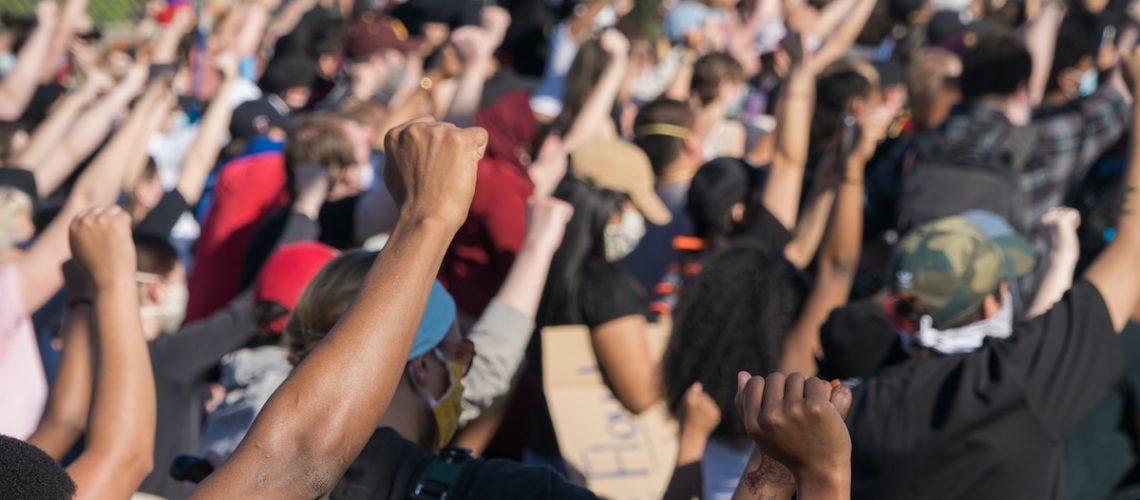In a nation marked by increasingly divisive rhetoric and political polarization, the traditional bulwarks against civil unrest are showing signs of strain. We must ask ourselves: What happens when these defenses falter in the face of growing societal pressures?
1. Effective Law Enforcement

Traditionally, a strong law enforcement presence has played a crucial role in maintaining public order. However, public confidence in the police has plummeted, with a Gallup poll from 2021 showing that only 49% of Americans have a great deal or quite a lot of confidence in the police, down from 53% in 2019. This erosion of trust raises fears about whether law enforcement can effectively manage large-scale disturbances in the future.
2. Trust in Electoral Integrity
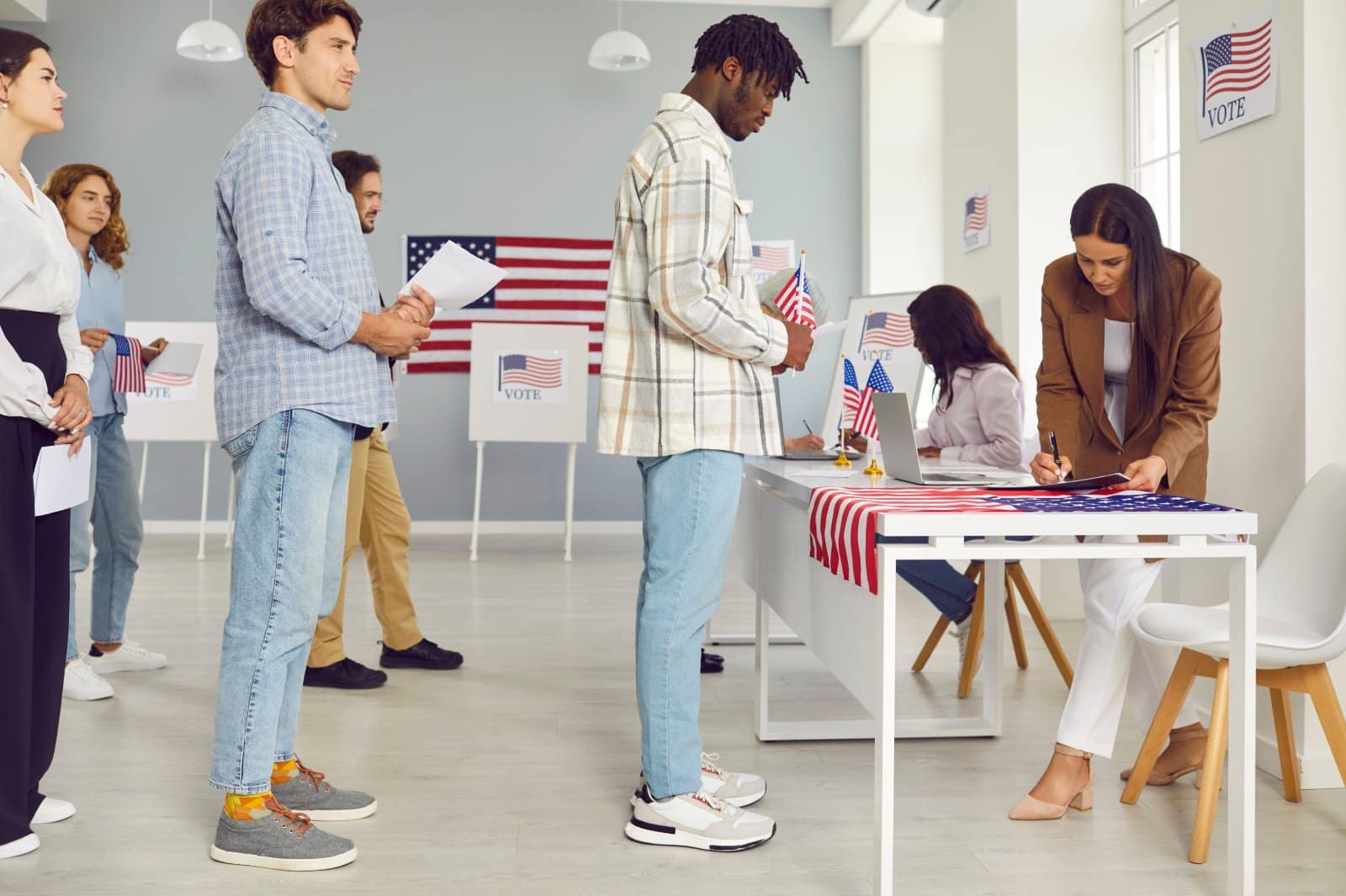
The foundation of our democracy rests on fair elections. However, the belief in electoral integrity has been shaken, with a Reuters/Ipsos poll from November 2020 finding that 68% of Republicans feared that the election was “rigged.” This growing skepticism fuels a dangerous narrative that could lead to significant civil unrest if not addressed.
3. Political Leadership
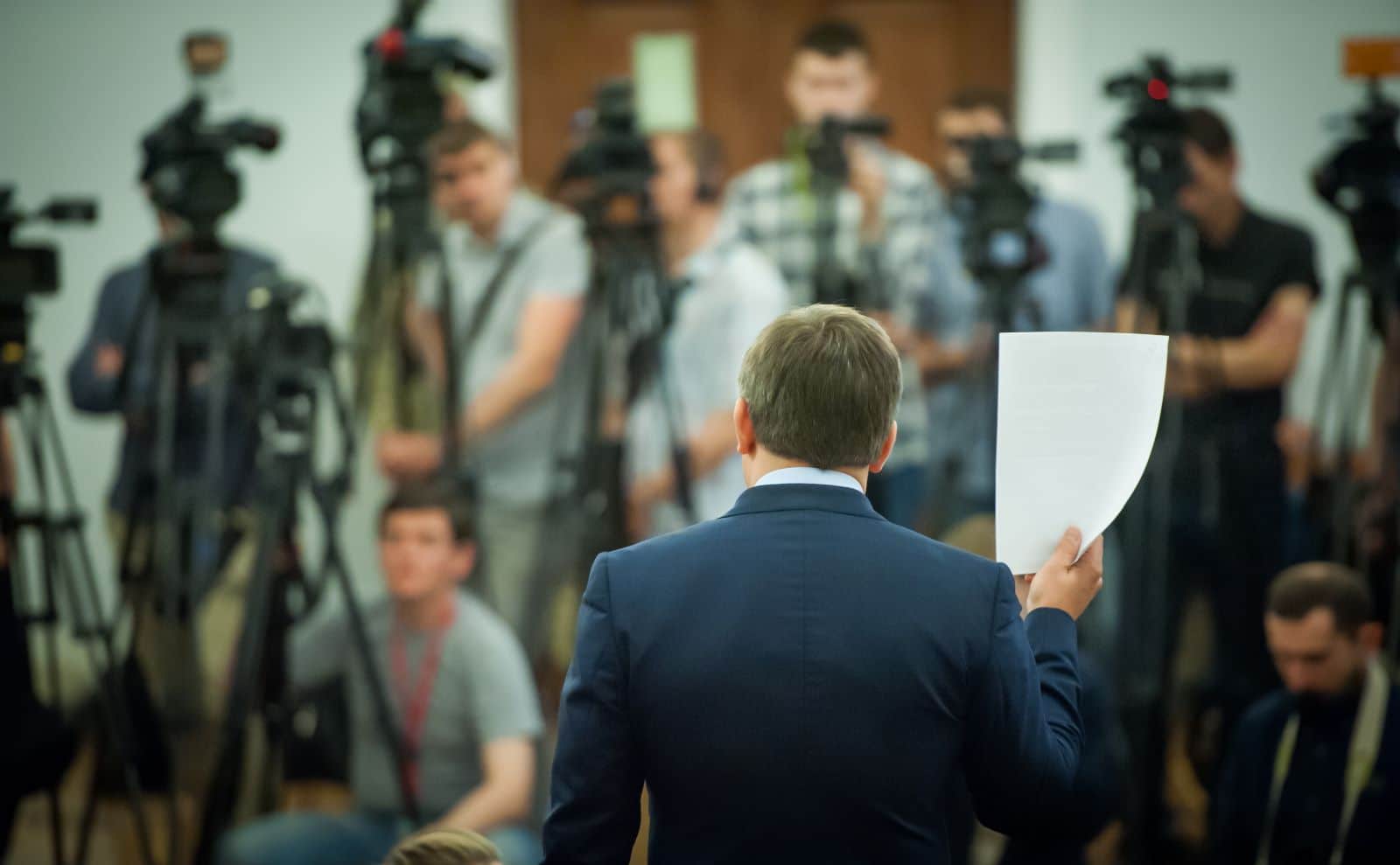
Effective leadership is essential in times of potential conflict. Post-election, divisive leadership has only deepened the ideological divide, potentially leading to unrest. The responsibility of leaders to unite rather than divide has never been more crucial, as demonstrated by the Capitol riots, which many attribute directly to inflammatory leadership.
4. Media Transparency
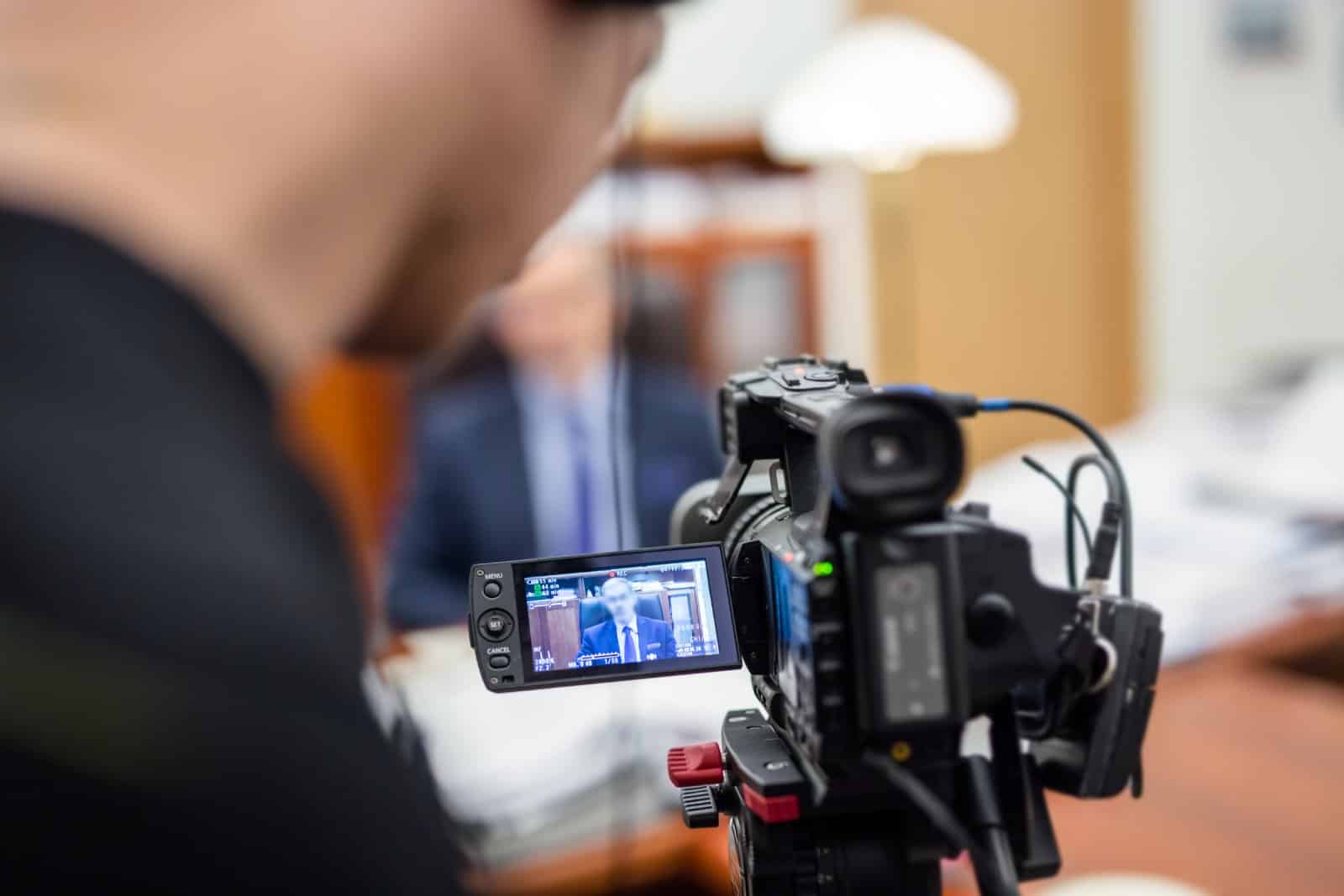
The media’s role in disseminating clear and unbiased information helps maintain civil order. Recent years have seen an increase in perceived media bias, with a Knight Foundation/Gallup poll indicating that 86% of Americans believe in increased political bias in news media than in the past. This perceived bias can fuel unrest, making accurate and balanced reporting more essential than ever.
5. Economic Stability
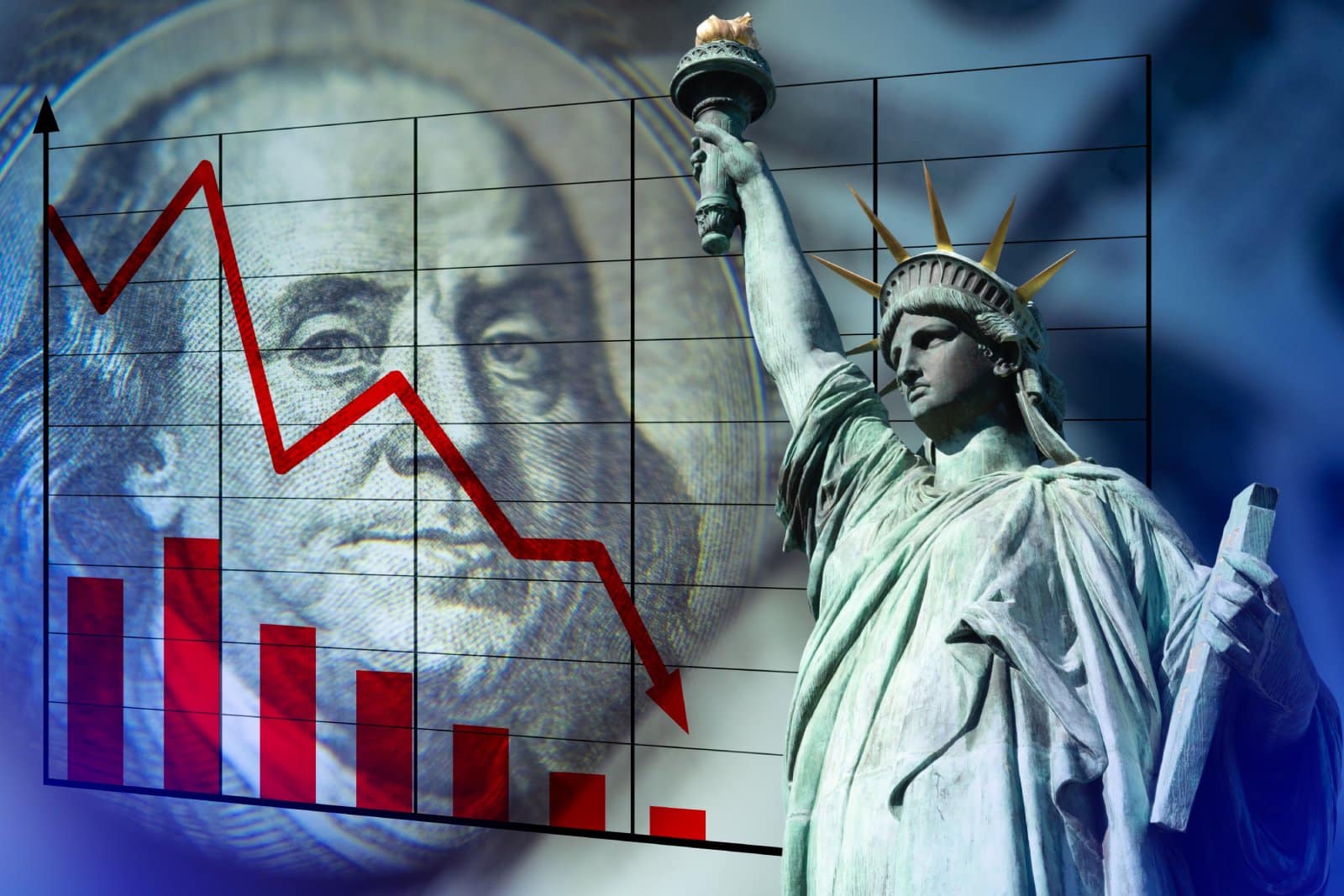
Economic instability is a significant driver of civil unrest. The COVID-19 pandemic has led to an unemployment rate that spiked to 14.8% in April 2020, the highest since data collection began in 1948, according to the U.S. Bureau of Labor Statistics. With recovery uneven and many feeling left behind, the seeds of discontent are plentiful.
6. Social Welfare Programs

Social welfare programs mitigate unrest by cushioning the economically vulnerable. Yet, these programs are continually threatened by cuts, and with the Urban Institute projecting potential welfare budget cuts, many may lose this critical safety net, escalating the risk of civil discontent.
7. Community Engagement

Community programs that foster dialogue and understanding have historically helped soothe tensions. However, funding for these initiatives has been cut, with reports from the American Community Project showing a 30% reduction in community grants since 2018. The diminishing support for these vital programs threatens their ability to prevent unrest.
8. Education Opportunities

Education promotes social mobility and understanding but is becoming increasingly inaccessible. With college tuition rising by over 25% in the last decade, according to the National Center for Education Statistics, and public school funding experiencing cuts, reduced educational opportunities may lead to increased frustration and unrest among younger populations.
9. Racial and Social Equity
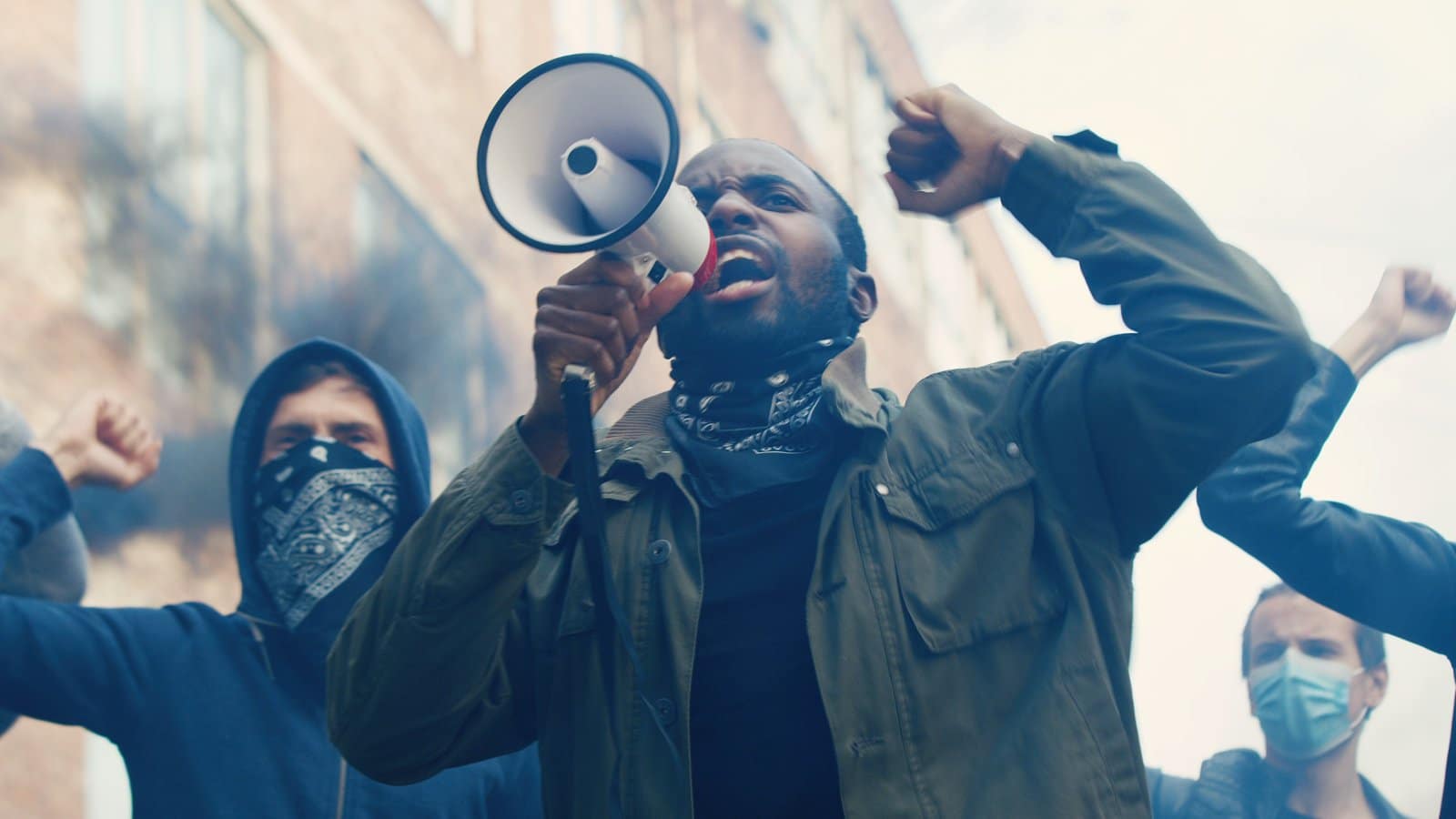
Advances in racial and social equity have played a role in reducing unrest by addressing systemic injustices. However, ongoing instances of racial violence and systemic discrimination continue to ignite protests and unrest, as seen with the global movements following the murder of George Floyd in 2020.
10. Youth Engagement

Engaging the youth in meaningful activities reduces their likelihood of participating in unrest. Yet, with the International Labour Organization reporting rising youth unemployment and disengagement, particularly exacerbated by the pandemic, there’s a growing reservoir of disaffected youth who could potentially fuel unrest.
11. Mental Health Support

Support for mental health can significantly deter unrest by helping individuals manage stress and grievances. Funding for mental health services, however, has not kept pace with the need, growing only 5.5% annually despite demand surging by 21%, according to the American Psychological Association. This underfunding could contribute to a societal powder keg.
12. Substance Abuse Programs

Effective substance abuse programs reduce drug-related social issues that can lead to unrest. However, the opioid crisis continues to escalate, with the CDC reporting over 70,000 overdose deaths in 2019 alone, highlighting a critical area of public health that is under-resourced and a potential flashpoint for civil issues.
13. Judicial Fairness

Perceptions of judicial fairness contribute to societal stability. Yet, public trust in the judiciary is waning, with only 43% of U.S. adults expressing a great deal of confidence in the judicial system, according to a 2020 Pew Research study. This declining trust could lead to more people seeking justice outside of the judicial system, potentially through unrest.
14. International Relations
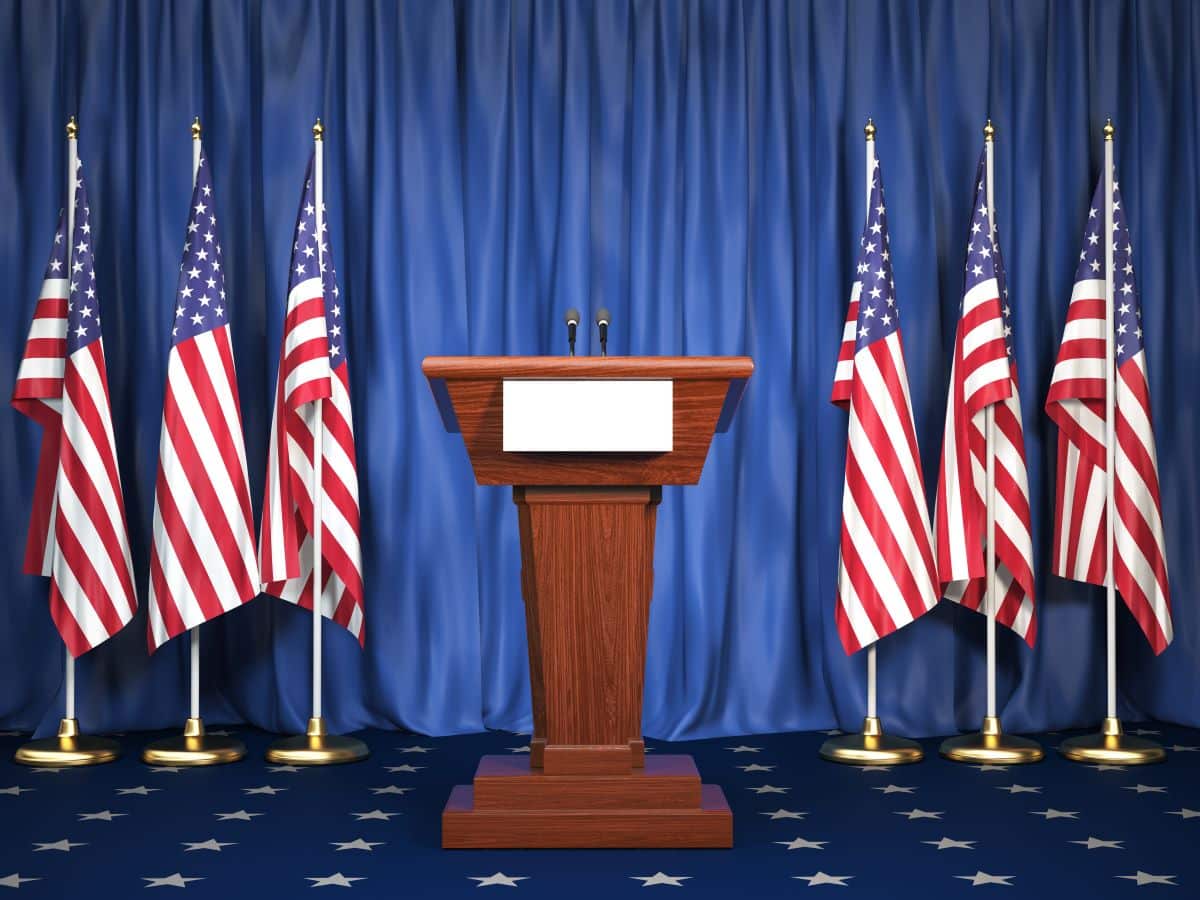
Stable international relations prevent external influences from sparking domestic unrest. Current global tensions, particularly with trade and military posturing, could indirectly heighten domestic tensions, adding an international dimension to the potential for unrest.
15. Cybersecurity

Strong cybersecurity measures prevent misinformation that can incite unrest. The increase in cyber-attacks, highlighted by a 300% increase in reported cybersecurity breaches since 2020, according to the FBI, poses a significant threat to national security and civil stability.
16. Cultural Integration
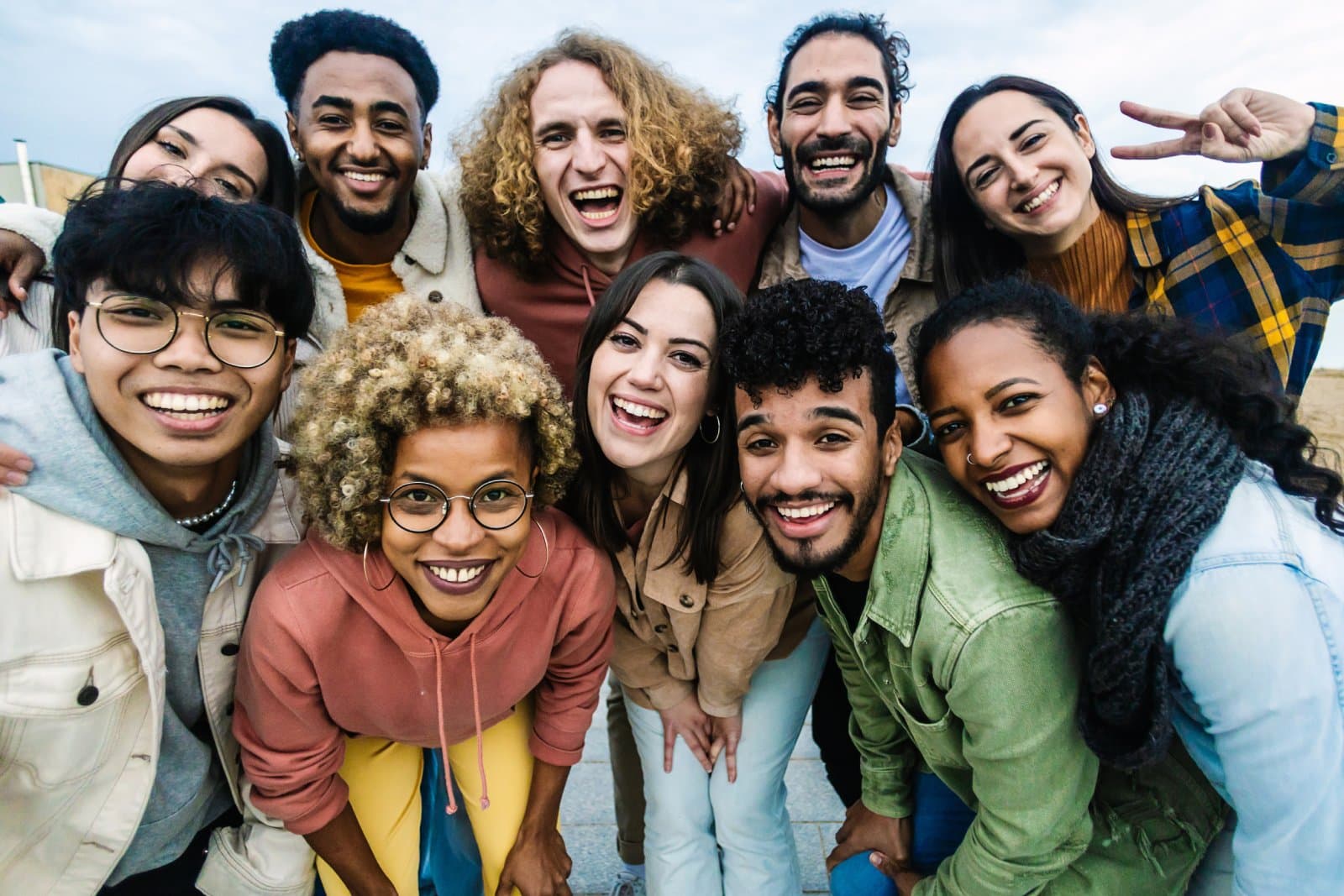
Efforts to integrate diverse cultures within society reduce the likelihood of ethnic or cultural clashes. However, anti-immigration rhetoric and polarizing policies have heightened cultural tensions, risking the ignition of unrest from communities feeling marginalized or targeted.
17. Religious Harmony

Harmonious inter-religious relations are essential for societal peace. Rising religious intolerance, evidenced by increasing hate crimes reported by the FBI, threatens this delicate balance, potentially leading to faith-based conflicts.
18. Local Government Responsiveness

Responsive local governance can quell unrest by quickly addressing community grievances. Increasing partisanship at the local level, however, may compromise the ability of local governments to respond effectively to such grievances, potentially leading to escalations into unrest.
19. Community Policing

Community-oriented policing builds trust and deters unrest by fostering a cooperative relationship between the police and the community. Shifts towards more aggressive policing tactics, however, have been shown to damage this trust and may increase the likelihood of conflict.
20. Free Speech Protections

Upholding the right to free speech allows for peaceful expression of discontent. Challenges to these rights, through legislative changes or societal pressures, might force these expressions into more volatile forms of protest.
21. Disaster Preparedness
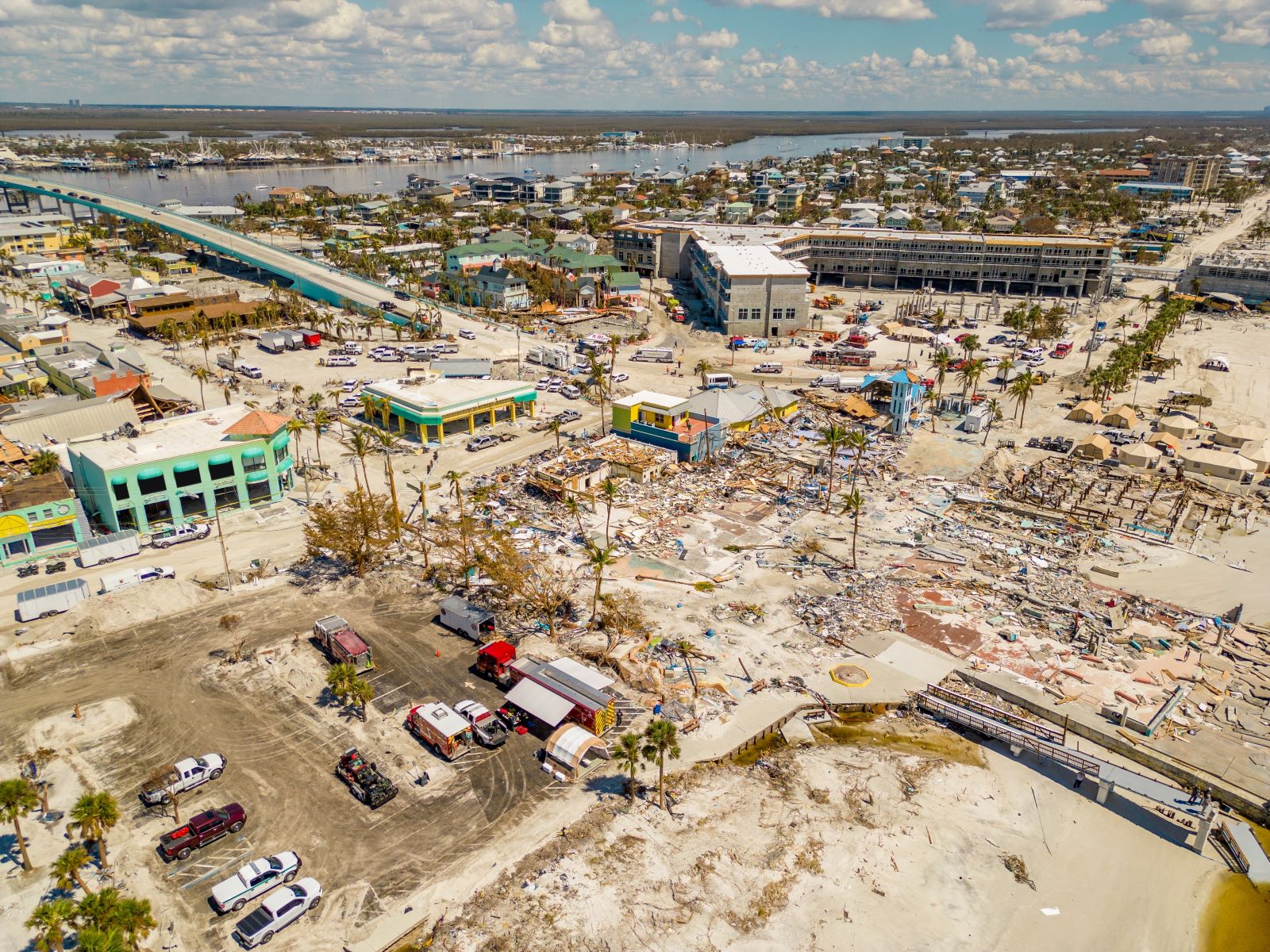
Effective management of disasters prevents them from exacerbating existing societal tensions. Inadequate responses to disasters, such as the criticized federal response to Hurricane Maria in Puerto Rico in 2017, can deepen distrust and resentment toward the government, potentially leading to unrest.
What Might the Future Hold?

As we approach the election, the strain on these critical peacekeeping factors leaves us on a precipice, looking into a potentially unstable future. With each of these factors being tested, the risk of civil unrest looms larger, challenging us to reinforce these mechanisms before they are overwhelmed.
21 Beliefs About the Bible That Are Actually False

The Bible is one of the most discussed and debated books in history, yet many common beliefs about it are more myth than fact. How many of these misconceptions have you heard before? 21 Beliefs About the Bible That Are Actually False
21 Subtle Racisms That Are Commonplace in America

Racism in America isn’t always overt; it often hides in plain sight through subtle actions and attitudes. How many of these subtle racisms have you noticed around you? 21 Subtle Racisms That Are Commonplace in America
Only Legal in America: 21 Things You CAN’T Do in the Rest of the World
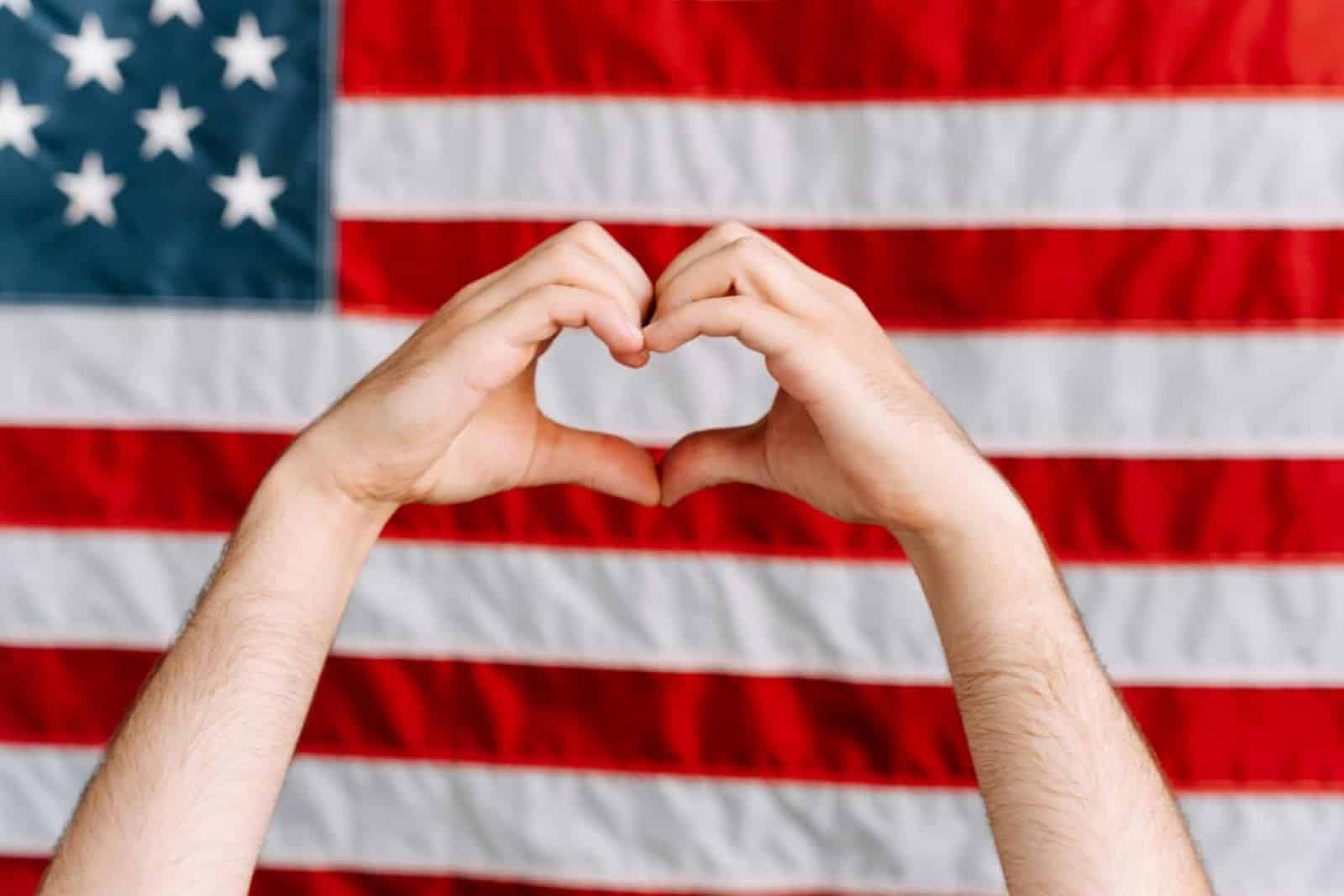
The U.S. dances to its own beat, especially when it comes to laws that make the rest of the world do a double-take. Here’s a lineup of things that scream “Only in America,” sticking strictly to what’s written in the law books. Ready for a tour through the American legal landscape that’ll leave you wondering if freedom might just be a bit too free? Only Legal in America: 21 Things You CAN’T Do in the Rest of the World
Featured Image Credit: Shutterstock / David Brickner.
For transparency, this content was partly developed with AI assistance and carefully curated by an experienced editor to be informative and ensure accuracy.

